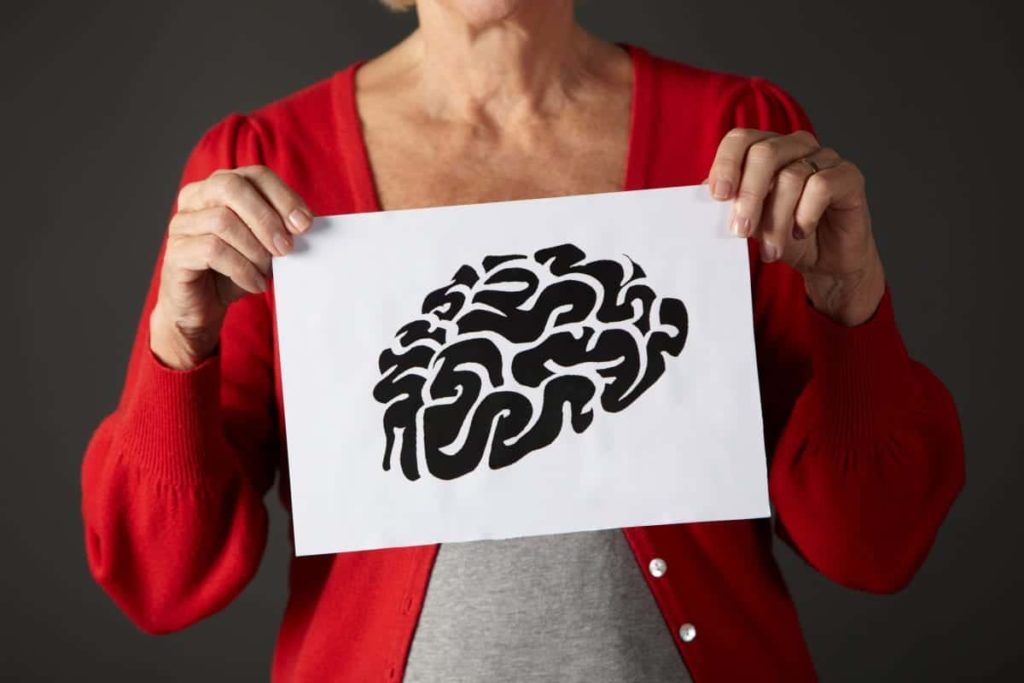“After a traumatic experience, the human system self-preservation seems to go on permanent alert, as it the danger might return at any moment.” ~ Judith Lewis Herman, Trauma and Recovery: The Aftermath of Violence – from Domestic Abuse to Political Terror Post-Traumatic Stress Disorder (PTSD) can debilitate someone emotionally, causing them uncontrollable painful memories, extreme anxiety, and terrifying flashbacks that border on nightmarish. Left untreated, this disorder can completely disrupt a person’s life.
How Often Do PTSD and Addiction Co-Occur?
Many people with PTSD turn to intoxicating substances – particularly alcohol – in an attempt to self-medicate, as a means of relief from the overwhelming mental anguish. When this self-medication develops into a substance abuse disorder such as alcoholism, the misuse of prescription medications, or addiction to an illicit street drug, it creates a complicated dual diagnosis that requires the services of a specially-trained mental health/addiction recovery specialist who can treat both illnesses.
- Among males with PTSD, 52% will meet the criteria for an Alcohol Use Disorder (AUD), and 35% will abuse drugs.
- Among females with PTSD, 28% will meet that lifetime diagnosis, and 27% will abuse drugs.
- Three out of four survivors of abusive or violent trauma have an AUD.
- One-third of survivors of traumatic illnesses, disasters, or accidents self-report an AUD.
- Veterans are especially vulnerable to PTSD – more than one-fourth of all veterans with PTSD also have a substance abuse disorder, while one-third of all veterans with substance use disorders also have symptoms of PTSD.
What is PTSD?
PTSD is a mental condition in which a person will continue to experience overwhelming, debilitating anxiety or stress after experiencing or witnessing some traumatic event. The associated trauma can be psychological or physical –any experience that causes a person to feel victimized, powerless, or weak –
- Abuse during childhood
- Sexual assault
- National disasters such as hurricanes, tornadoes, or earthquakes
- Violent physical assault
- Accidents– especially those that leave the victim with lingering health conditions, pain, or scars
- Serious illness
- Combat service
Typically, PTSD develops from a past trauma when there are unresolved issues within the mind of the victim– they may blame themselves for the incident, or they may be terrified that it will happen again, for example.
What Are Some Symptoms of PTSD?
Symptoms of PTSD can strike develop years after the fact and can happen at any time, completely unexpected. Some typical symptoms of PTSD include:
- Severe anxiety or fear, sometimes to the point of hysteria
- Mentally reliving the traumatic event
- Avoiding anything that is related to or reminiscent of the traumatic event
- Insomnia
- Aggression
- Irritability
- Crying
- Angry outbursts
- Nightmares
Why Are PTSD and Substance Abuse So Closely Linked?
When a person experiences or relives a traumatic event, the brain produces endorphins – neurotransmitters that create a sense of well-being and reduce pain– in order to cope with the stress. However, when the traumatic event is over, endorphin levels drop the person experiences endorphin withdrawal. Endorphin withdrawal produces many of the same symptoms as alcohol or drug withdrawal:
- Depression
- Emotional distress
- Anxiety
- Bodily pain/aches
- Drug and alcohol craving
Many people with PTSD use alcohol or drugs to replace the sensations brought on by the body’s own naturally-occurring endorphins. The problem occurs when a person develops a tolerance for their drug of choice, meaning it takes more and more of the substance to achieve the same desired effect. Tolerance is one of the initial signs of developing an addiction. And, along with addiction and worsening consequences comes a heightened risk of other traumatic events –violence, accidents, arrest, sexual assault, and illness.
How to Get Help for Dual Diagnosis of PTSD and Addiction
Either diagnosis is serious enough, but when there is a dual diagnosis of a substance abuse disorder and PTSD, the situation calls for an intensive plan of support from mental health professionals, friends, and family members, and even peers who understand the unique challenges you are facing. Often, a professionally-directed intervention is needed to spur the individual into seeking treatment. Many people with PTSD grapple with shame and guilt because of the traumatic event, making it difficult for them to have an honest conversation about their need for help. Even when the check into a treatment facility, not just any program will work for someone with this type of dual diagnosis. Most addiction recovery programs are not able to address the severe psychological/emotional problems that can be associated with PTSD. Conversely, most mental health therapists are ill-equipped to handle addictive disorders –detox, monitoring, medication-assisted therapy, etc. Without the support of a professional recovery team that has the necessary experience and expertise to deal with the dual issues of substance abuse AND PTSD, then any treatment is doomed to fail. However, when the person can check into a program of integrative care where both disorders can be addressed simultaneously, then that person stands a much better chance of a successful, long-lasting recovery. Past exposure to trauma doesn’t have to mean a lifetime of misery and addiction. Recovery IS possible with early intervention and proper care. A person CAN move beyond a traumatic past to have a healthy and happy future.

